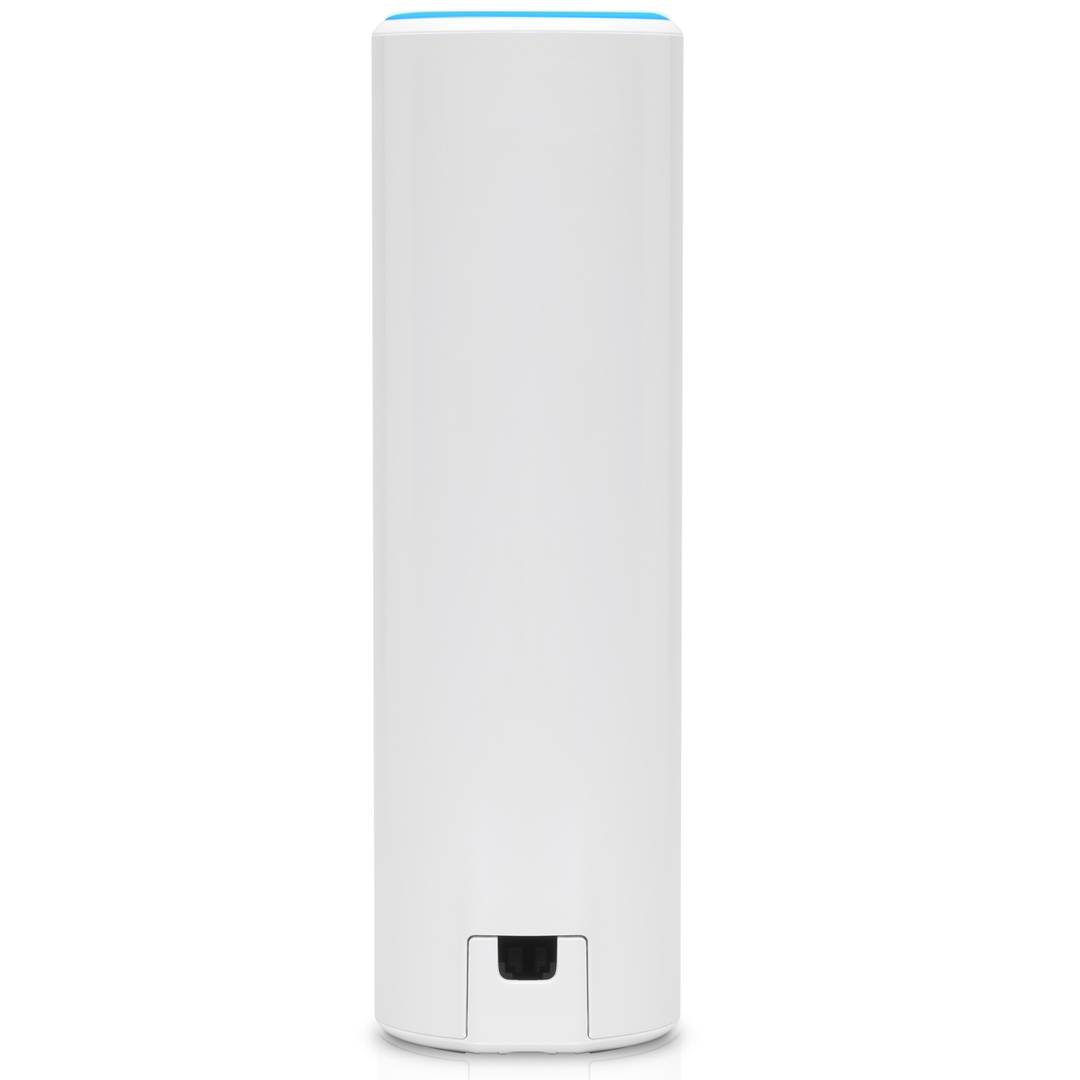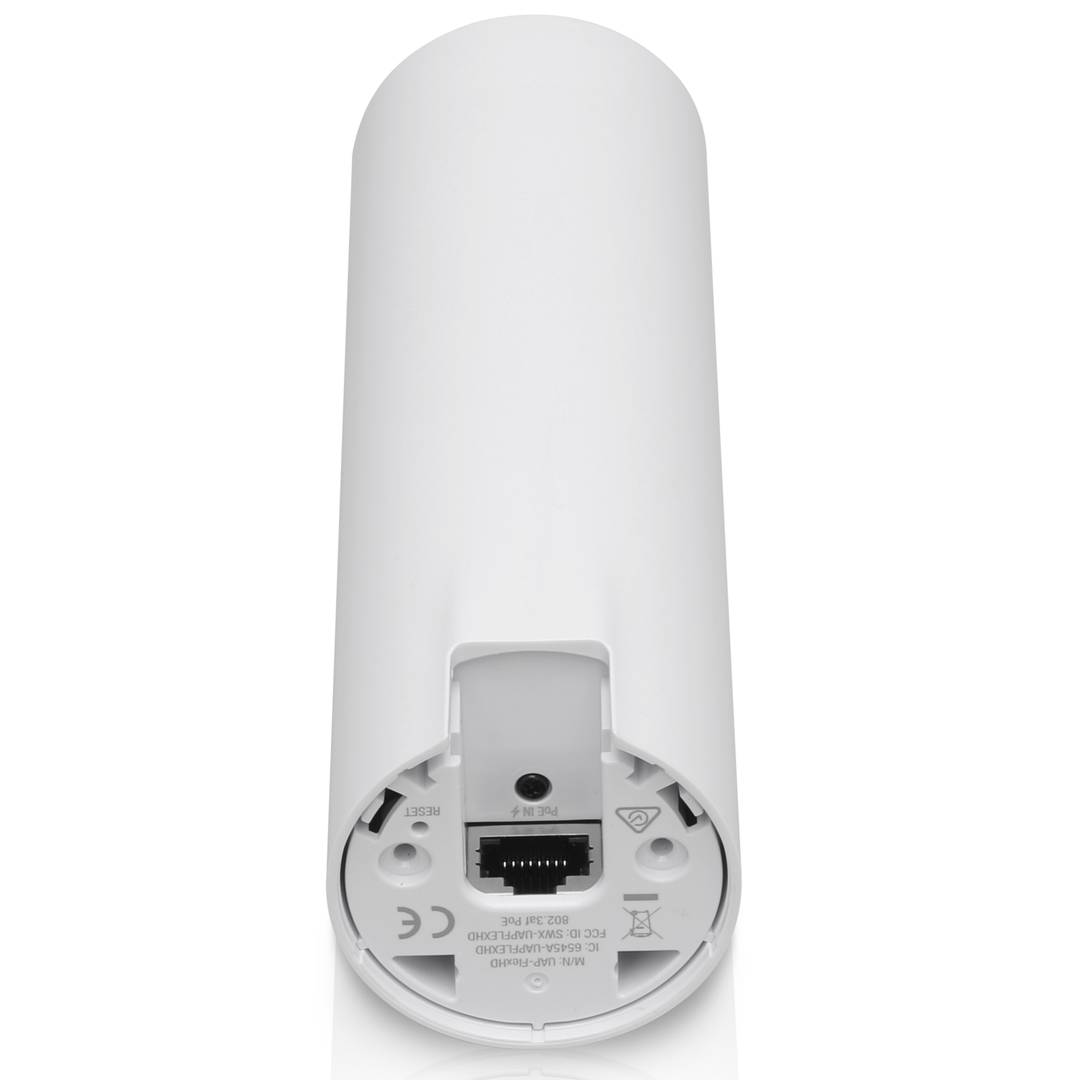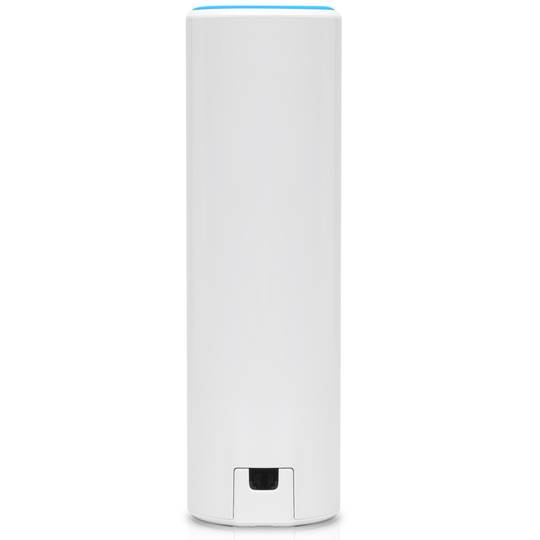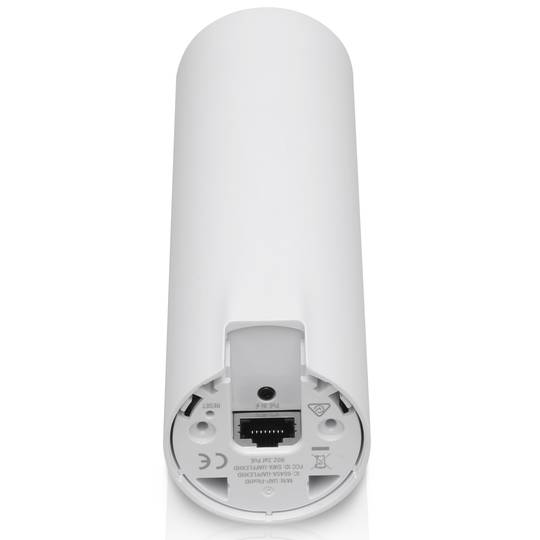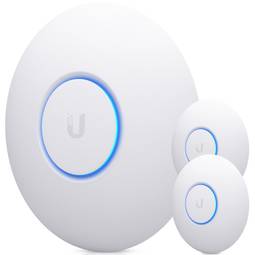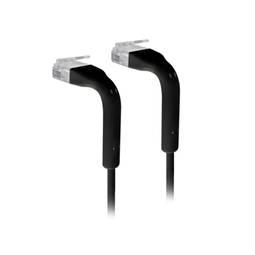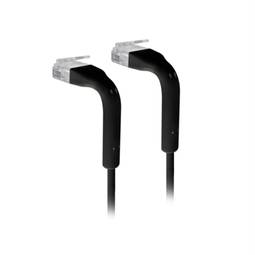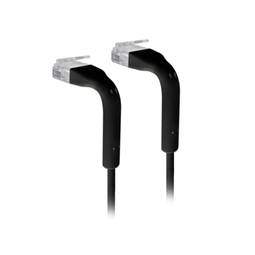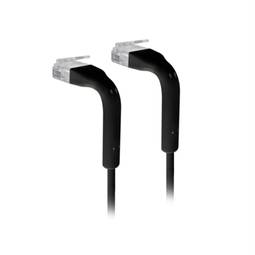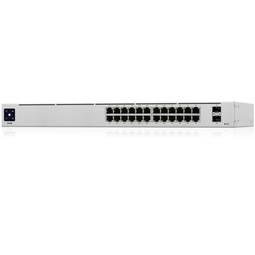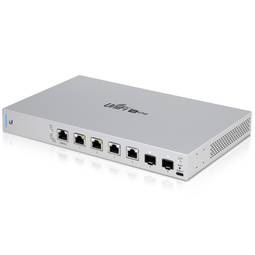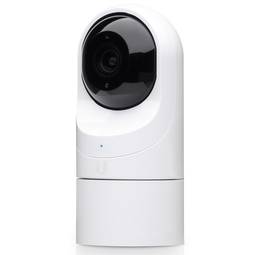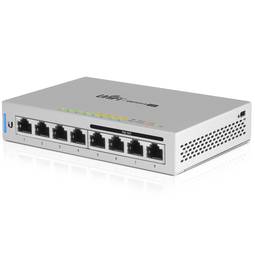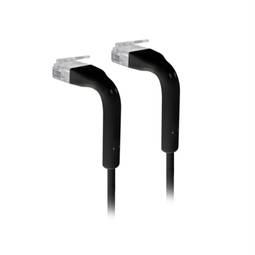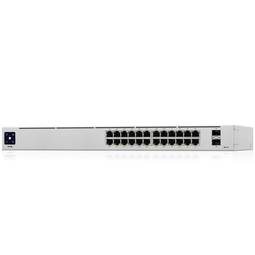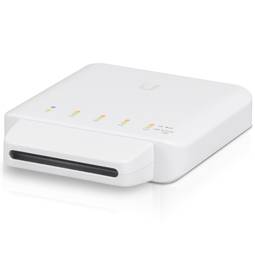08/31/2025 2:55 p.m.
http://34.77.62.133/en/products/ubiquiti-uap-flexhd-unifi-indoor-and-outdoor-access-point-UI333/
http://34.77.62.133/en/products/ubiquiti-uap-flexhd-unifi-indoor-and-outdoor-access-point-UI333/
Ubiquiti UAP-FlexHD UniFi Indoor and Outdoor Access Point
REF: UI333
Specifications
- Dual Band 2.4 and 5 GHz with triple antenna.
- Ceiling or wall installation.
- Connection Indicator Led.
- 48V passive PoE power supply (included in the package).
- Scalable WIFI management and designed for great performance.
PVP
€241.89
Price including VAT:
€297.52
PVD
€196.34
PVP: Retail price.
Check conditions.
PVP: Sale price to distributors.
Check conditions.
warranty
returns
safe
Specifications
- Dual Band 2.4 and 5 GHz with triple antenna.
- Ceiling or wall installation.
- Connection Indicator Led.
- 48V passive PoE power supply (included in the package).
- Scalable WIFI management and designed for great performance.
More info
Ubiquiti Networks brand access point model UAP-AC-PRO. It can be installed outdoors and indoors. 4x4 MIMO technology. Maximum coverage distance of 122 meters in optimal conditions.
Specifications
Specifications
- Dual Band 2.4 and 5 GHz with triple antenna.
- Ceiling or wall installation.
- Connection Indicator Led.
- 48V passive PoE power supply (included in the package).
- Scalable WIFI management and designed for great performance.
- 10/100/1000 Gigabit connector with PoE power (main) and secondary connector to have a second network port for other applications. The secondary port has no power to power the next item.
- 17W power consumption.
- Wi-Fi: 802.11 a / b / g / n / ac Wave 2 standards.
- Reset button.
- Maximum power output: 23dBm at 2.4GHz and 26dBm at 5GHz.
- Maximum concurrent clients: 200+.
- Integrated 2.4 GHz antennas with 3dBi triple polarity.
- Integrated 5 GHz antennas with 4dBi dual polarity.
- Gross Weight: 2.0 kg
- Product size (width x depth x height): 16.0 x 16.0 x 4.9 cm
- Number of packages: 1
- Packages size: 18.2 x 12.0 x 9.4 cm
- Master-pack: 1
Technical terms
- HD High definition
- PoE
- Gbps
- Wifi
HD High definition
HD is the term used to differentiate the systems that generate, transmit or support HD content (High Definition) with those of standard definition or low definition (SD).
HD resolutions are usually at least 1280 x 720 pixels by taking the ratio "width x height". Being the height, 720 pixels, which make high resolution.
HD resolutions are usually at least 1280 x 720 pixels by taking the ratio "width x height". Being the height, 720 pixels, which make high resolution.



